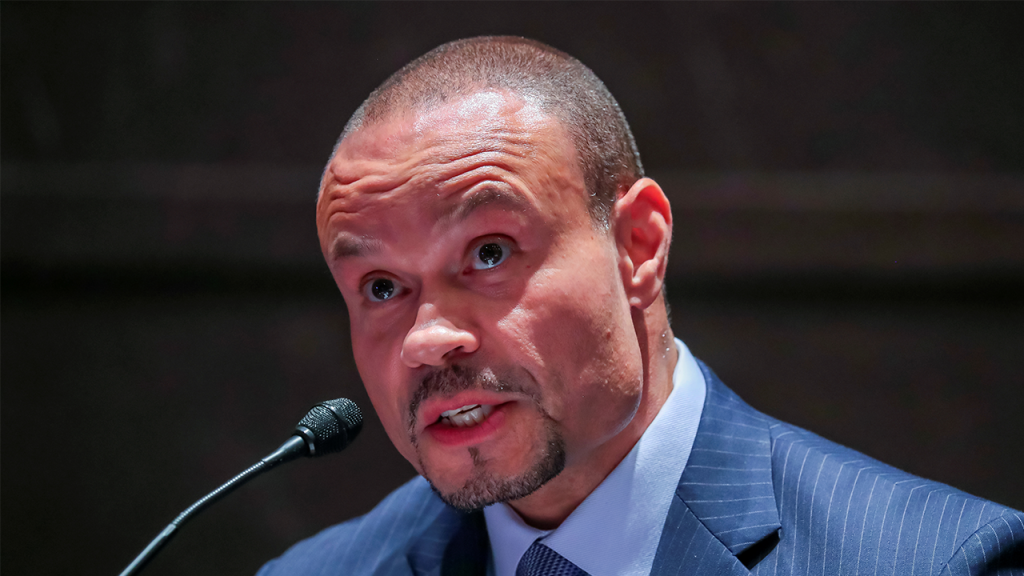Recent developments in Seattle have sparked significant controversy following a demonstration held by an evangelical conservative group, the “Rattle in Seattle” rally. The protest, which occurred at City Hall, was a response to comments made by Seattle’s Mayor Bruce Harrell, who blamed Christians for fostering violence during a prior event. The FBI has announced an investigation into allegations of targeted violence against religious groups, as tensions between opposing factions escalated, leading to several arrests.
| Article Subheadings |
|---|
| 1) Overview of the “Rattle in Seattle” Rally |
| 2) Mayor’s Response and Controversy |
| 3) Law Enforcement’s Involvement and Arrests |
| 4) Community Reactions and Statements |
| 5) Broader Implications of the Protests |
Overview of the “Rattle in Seattle” Rally
The “Rattle in Seattle” rally, organized by evangelical conservative groups, took place at 5 p.m. on Tuesday at the 4th Avenue steps of City Hall. This event was a direct reaction to the escalating tensions surrounding a previous counter-protest, which was a response to a pro-LGBTQ+ demonstration held at Cal Anderson Park on Saturday. The earlier gathering, labeled as the “Don’t Mess With Our Kids” rally, drew significant attention due to clashes between its attendees and counter-protesters. The two shows of dissent illustrated not only a divide in community values but also emphasized the growing unrest surrounding social issues within the city.
Mayor’s Response and Controversy
Following the chaos of the previous weekend, Mayor Bruce Harrell publicly criticized the evangelical rally, suggesting that it incited subsequent violence. He specifically pointed out that “anarchists” had infiltrated counter-protest groups, suggesting these infiltrators were responsible for escalating the tension into physical confrontations. His remarks have incited backlash from the organizers of the Christian rally, who argue that his accusations represent an attack on their freedom of speech and an unjust portrayal of their intentions. In a tweet, FBI Deputy Director Dan Bongino stated that the bureau has initiated a formal investigation into the allegations of targeted violence against religious groups, a significant move given the context of the protests.
Law Enforcement’s Involvement and Arrests
The Seattle Police Department reported a total of eight arrests related to the tumultuous demonstrations that unfolded on Tuesday. The police had to temporarily shut down roads surrounding the 4th Avenue site for several hours, a reflection of the heightened stakes involved given the previous violence that had marred the weekend’s events. The authorities have been under considerable scrutiny regarding their handling of such protests, with calls for more rigorous enforcement of public safety measures. Injuries were notably absent during Tuesday’s protest, although many were concerned about the potential for violence to again escalate.
Community Reactions and Statements
Community leaders from various religious backgrounds have weighed in on the controversy, with several Christian and Jewish figures aligning themselves with Mayor Harrell’s viewpoint. Rev. Dr. Patricia L. Hunter, a Baptist pastor, expressed her dismay over the rally, highlighting the divisive nature of the rhetoric often employed by such groups. In her statement, she emphasized that the core message of Christianity should revolve around love and compassion, rather than division and bigotry. The juxtaposition of religious beliefs and social activism remains a focal point of community dialogue, as different factions actively navigate their stances on moral issues.
Broader Implications of the Protests
These events highlight a larger sociopolitical debate surrounding free speech, the right to assembly, and the role of government in moderating these fundamental rights. The protests serve as a reflection of broader national conversations regarding civil liberties and the growing scrutiny of extremist ideologies within discourse. As such, the implications of these protests may extend beyond Seattle, resonating with similar movements across the nation that touch on themes of inclusion, acceptance, and the clash of ideals in contemporary society.
| No. | Key Points |
|---|---|
| 1 | The “Rattle in Seattle” rally was a response to criticisms directed at the Christian community by Seattle’s mayor. |
| 2 | The FBI has launched an investigation into allegations of targeted violence against religious groups connected to the protests. |
| 3 | Eight arrests were made during the protests, reflecting ongoing tensions in the community. |
| 4 | Community leaders expressed divergent views on the protests, highlighting a broader discourse on morality and social values. |
| 5 | The events have raised concerns about the balance between free speech and community safety in light of recent violence. |
Summary
The recent protests in Seattle have illuminated the complexities surrounding religious expression and civic responsibility during contentious times. As authorities investigate claims of targeted violence against religious groups, community divisions have become increasingly apparent, highlighting the delicate balance between advocating for rights and ensuring public safety. The unfolding situation not only affects the local community but may serve as a microcosm of national conversations about inclusion, freedom of expression, and the role government plays in these discussions.
Frequently Asked Questions
Question: Why did the “Rattle in Seattle” rally take place?
The rally was organized by an evangelical conservative group in response to comments made by Seattle’s mayor, who blamed Christians for violence at a previous demonstration.
Question: What actions have Seattle’s authorities taken in response to the protests?
The Seattle Police Department made eight arrests during the protests and had to temporarily close roads around the area due to the confrontations.
Question: What are the implications of these protests in a broader context?
This situation raises questions about the balance between free speech and public safety, reflecting a national dialogue surrounding civil liberties and the treatment of divergent beliefs in America.
